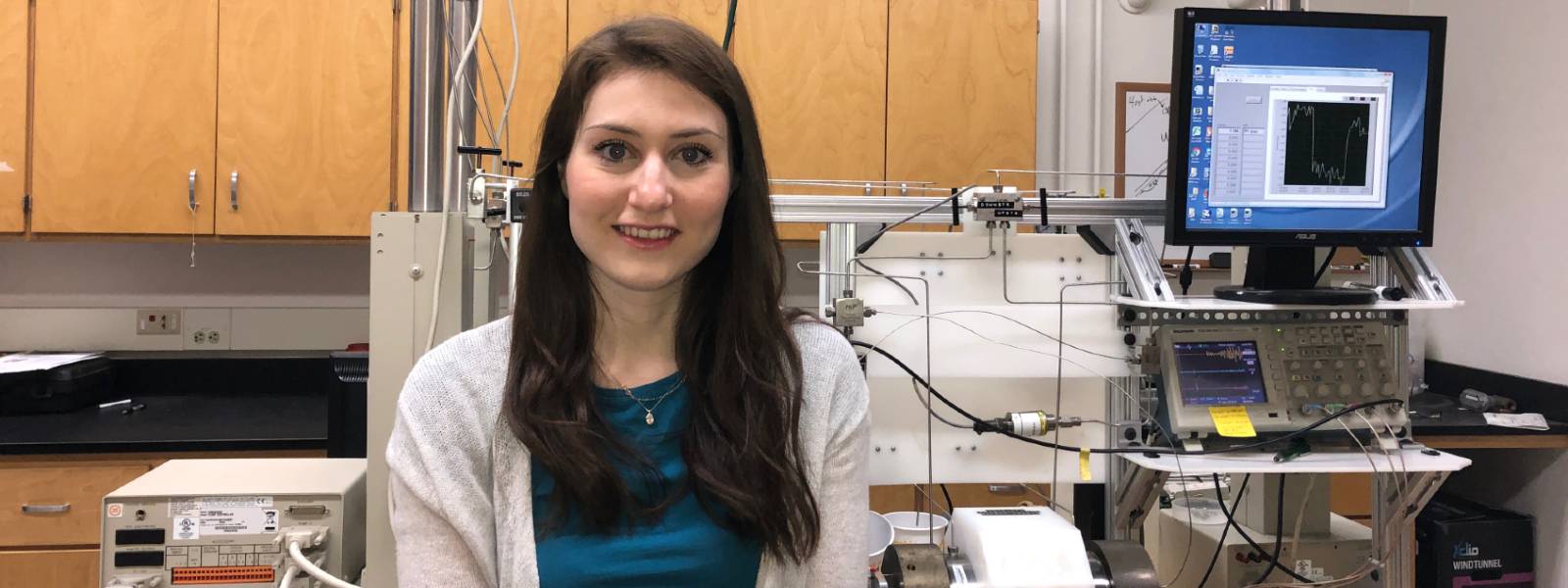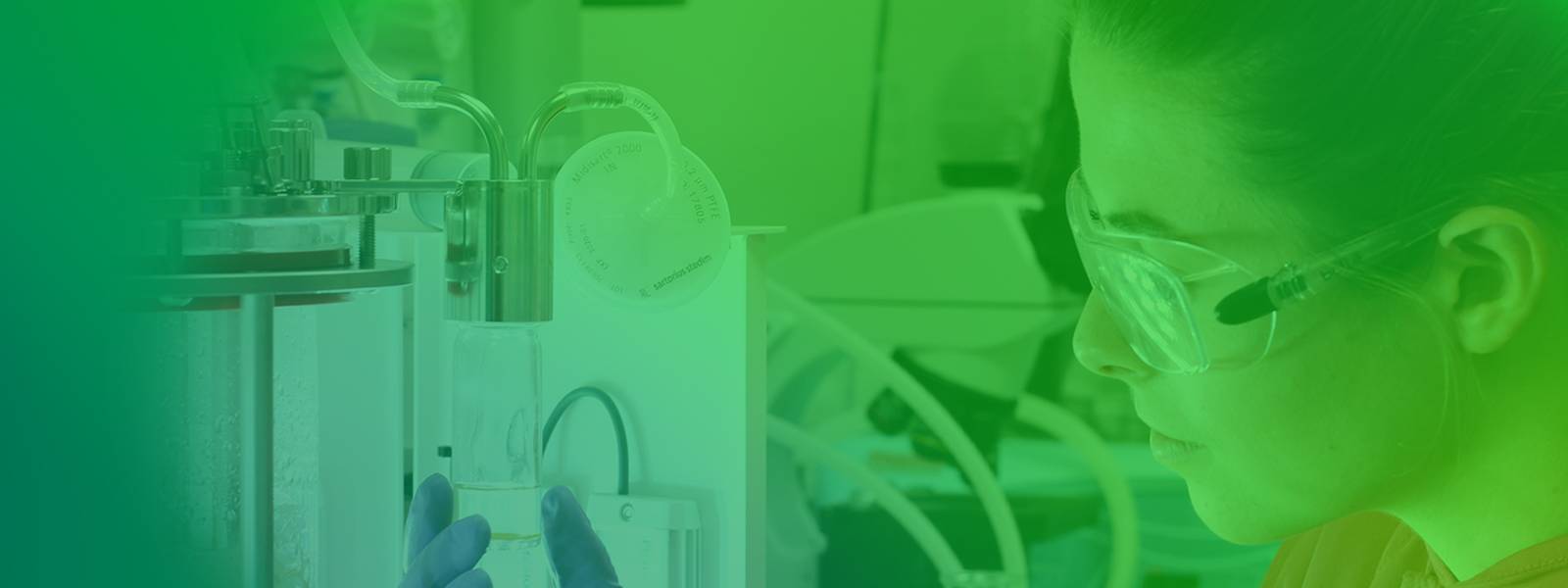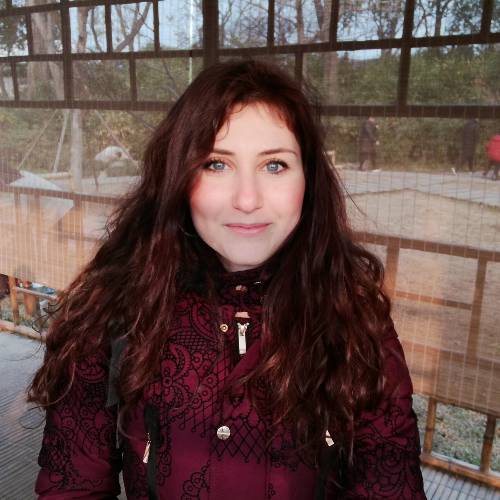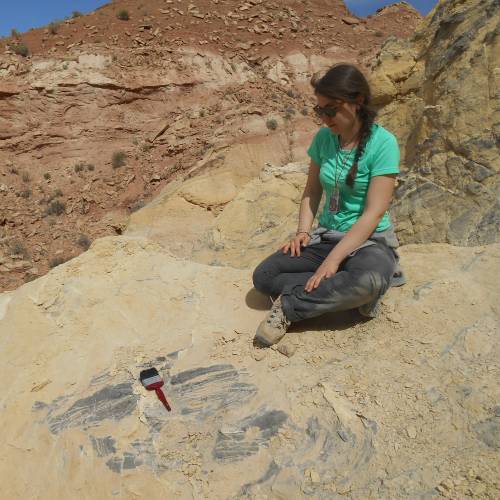Can you tell us about your PhD study at Strathclyde? What were the main themes you were working on?
My PhD at Strathclyde focused on understanding how carbon dioxide flows deep in the subsurface, specifically in heterogeneous sandstones. Sandstones are the most common type of rock for storing CO2 because they can potentially store large volumes of CO2 and they are located all over the world. My research aimed to provide a quantitative analysis of what happens at laboratory scale when CO2 is injected into sandstones characterised by structural features called deformation bands.
The geometry and the internal structure of my samples were investigated first with a state-of-the-art high resolution microCT scanner located in the Advanced Material Research Laboratory at University of Strathclyde. The flow experiments, performed at Stanford University, consisted of injecting CO2 in the samples under subsurface conditions.
During the experiments Computed Tomography and Positron Emission tomography scanners, that are widely used in medical field, were used to quantify the fluid flow behavior under these geologic conditions. The research provides new insights into how to characterise and manage these large subsurface reservoirs for injecting large volumes of CO2 for curbing global carbon emissions.
You had a link with Stanford University during your PhD, could you tell us a bit about this and how it came about?
I have been a visiting research student at Stanford University for four months at the Department of Energy Resources Engineering. During this period I conducted most of my flow experiments and obtained a large amount of experimental data.
Being part of a different research group and getting involved in their research activities was one of the highest learning experience I have ever had. The exchange was part of a collaboration between the University of Strathclyde and Stanford University which started a couple of years before.
I remembered that both research groups met for discussing further details of my visit in Stanford in a remote fieldwork place in Utah in 2017; that was a very fun and unique experience.
How would you describe the PhD experience at Strathclyde?
My PhD experience at Strathclyde was amazing on both professional and personal levels. It was the first time I moved outside my native country (Italy) and the first time I had to speak in a different language on a daily basis. Despite the fear at the very beginning, and the up and downs that research work always involves, I enjoyed every single moment spent in the Department of Civil and Environmental Engineering. For me it was very stimulating to talk with and learn from very talented researchers, exchange research ideas and feedback especially by participating to research group meetings.
I felt part of a big family, where everyone was willing to listen to me, to share their thoughts and to support me.
What have you been doing since completing your PhD?
Straight after my Viva and only after a week from the completion of my degree I started a position as Postdoctoral Research Associate in the Department of Geoscience at University of Wisconsin-Madison, USA.



